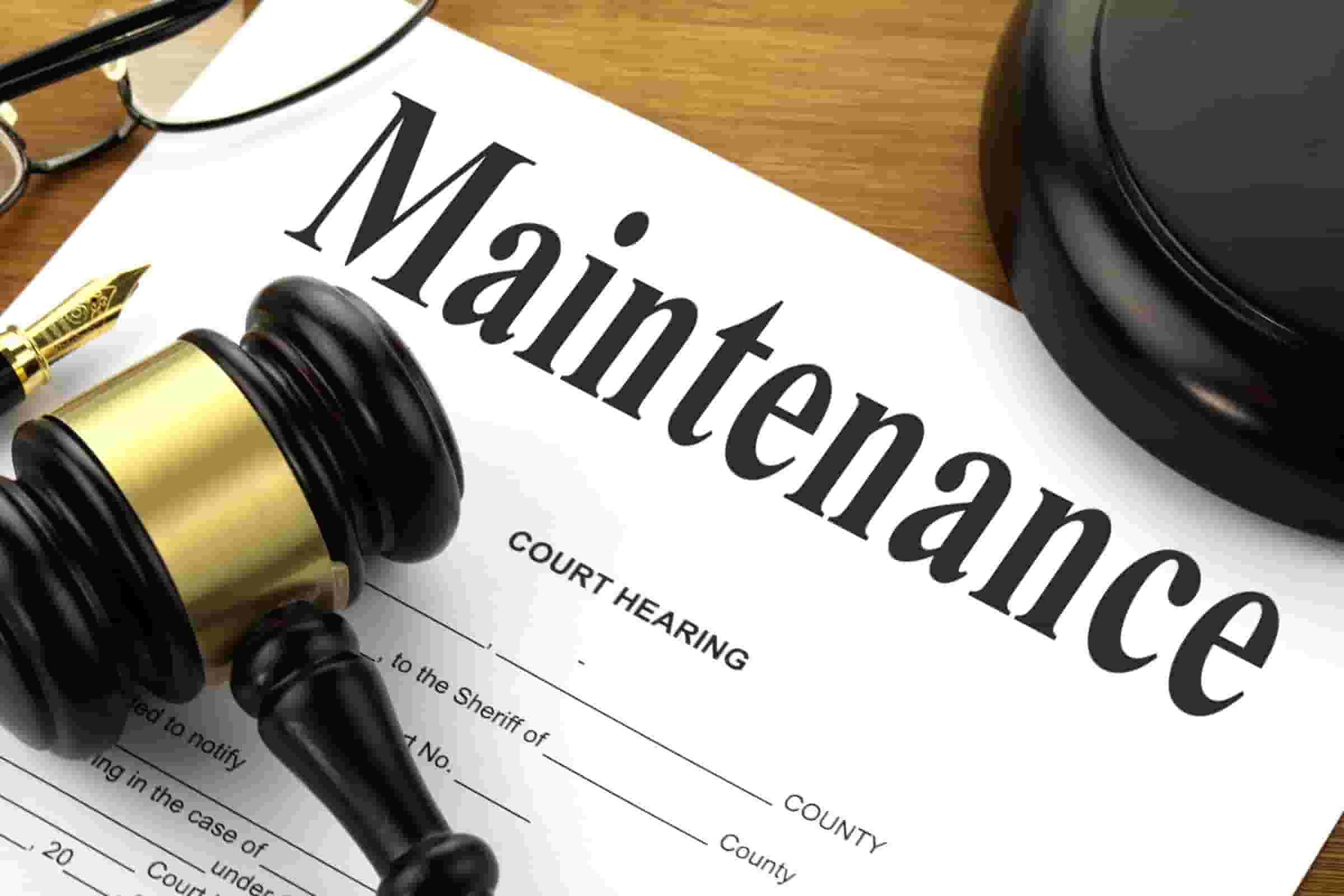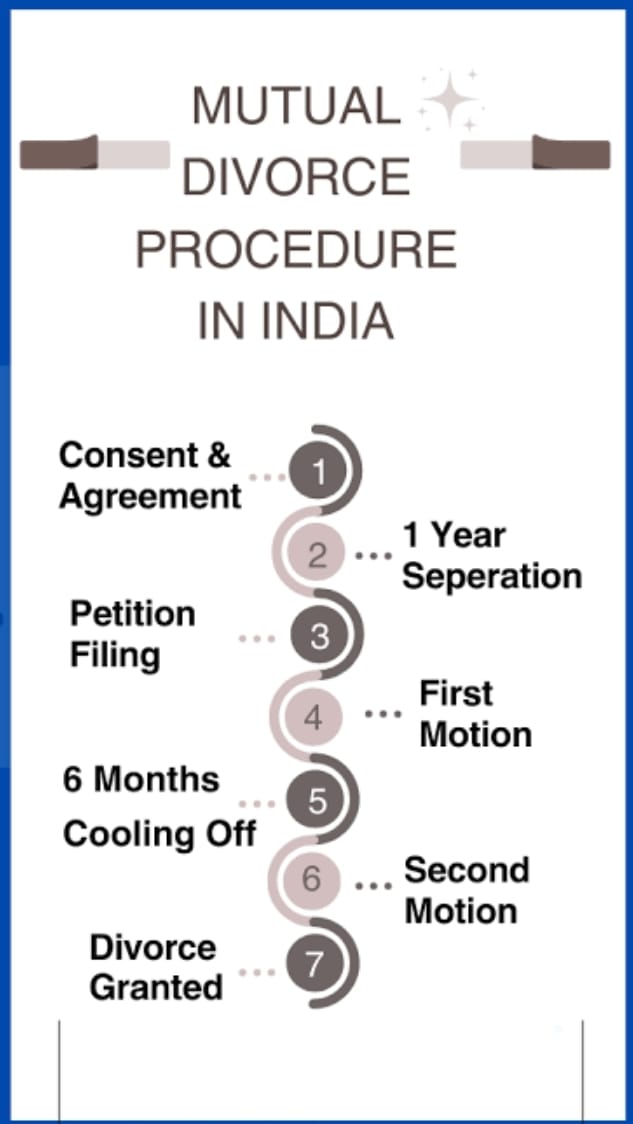Shashi Chaturvedi and Associates: 1000+ victories, ahead with legal updates & tech, crystalized vision, expert team, unbeatable strategies, personal attention, client satisfaction - setting us apart.
As lawyers, we help with custody and visitation orders post-divorce, ensuring the child's best interests while upholding parental rights.
Restitution of conjugal rights petition is filed in court so that direction would be made by court to the life partner to reside together as a husband.
We fight relentlessly for justice, advocating for fairness and righteousness in every case.
Our practice areas encompass judicial separation and mutual divorce under Muslim law. With a deep understanding of personal laws, we provide comprehensive legal guidance tailored to individual needs. Our team consists of expert divorce advocates who are dedicated to assisting clients through the complexities of divorce proceedings.

We are dedicated to fighting for our clients in litigation, advocating tirelessly for their rights.

We advocate fiercely for judicial separation, ensuring fair outcomes and justice for all.

We fiercely advocate for personal laws, defending individual rights with passion and expertise.

Championing mutual divorce rights within Muslim communities, we fight for equitable resolutions.
India's diverse divorce laws cover contested divorces with specific grounds like cruelty and adultery, needing documentation such as financial statements. Mutual consent divorces under Section 13-B of the Hindu Marriage Act mandate a year of separation before filing. Alimony and child custody agreements are crucial. Withdrawal of consent pauses the process, potentially leading to contested divorce. The timeline varies but generally takes six months to a year.
Read MoreFAQs on Indian divorce include timelines from filing to judgment, grounds for contested divorce, required documentation, and processes for alimony and child custody.
For further details, reach out to us! We're here to assist you with any questions or concerns you may have.
Contact Us NowSee What Our Clients Saying!
"Advocate Chaturvedi Sir is very calm and easy to get through. Recently called him for issue related to moving, divorce, etc.
He showed me clear and transparent and clear way."
"I am really being too very honest that I could never have the finest lawyer like Advocate Shashi Chaturvedi to defend me and actually to fight my every case in the court. Thankfulness is what you actually deserve from my very end."
"Too good polite and humble men, always respect client and listen carefully, and never in hurry to burden the petitioner, i met another advocate also, but they were always in mood of taking money, shashi sir is most recommended from my side, may god keep him like he is. Thanks."
"Only i can say about this person is - He is Talanted, helpful amd handle the situation calmly. First person i saw (in black and white suite) who is listen you first very calmly without asking you any rupeee and give you the solution. He is not demanding for money. All i can say is because of him i can able to save my marriage life and now happily living."
Lorem ipsum dolor sit amet, consectetur adipiscing elit.
A Conveyance Deed is a legal document that transfers the rights, title, interest, and ownership...
Read MoreOnline Mutual Divorce: What’s Possible and What’s Not ✅ What Can Be Done Online - Initial Petition...
Read MoreProcedure in Cheque Bounce 1.You need to present cheque within period of 3 months from...
Read More
💔 Mutual Divorce in India: A Compassionate Path to Separation Mutual divorce, also known as uncontested...
Read More
Maintenance laws can be defined as the financial support that is...
Read More
Procedure for Mutual Consent Divorce. Step 1. Finalization of consent terms of Divorce petition. Step 2....
Read More